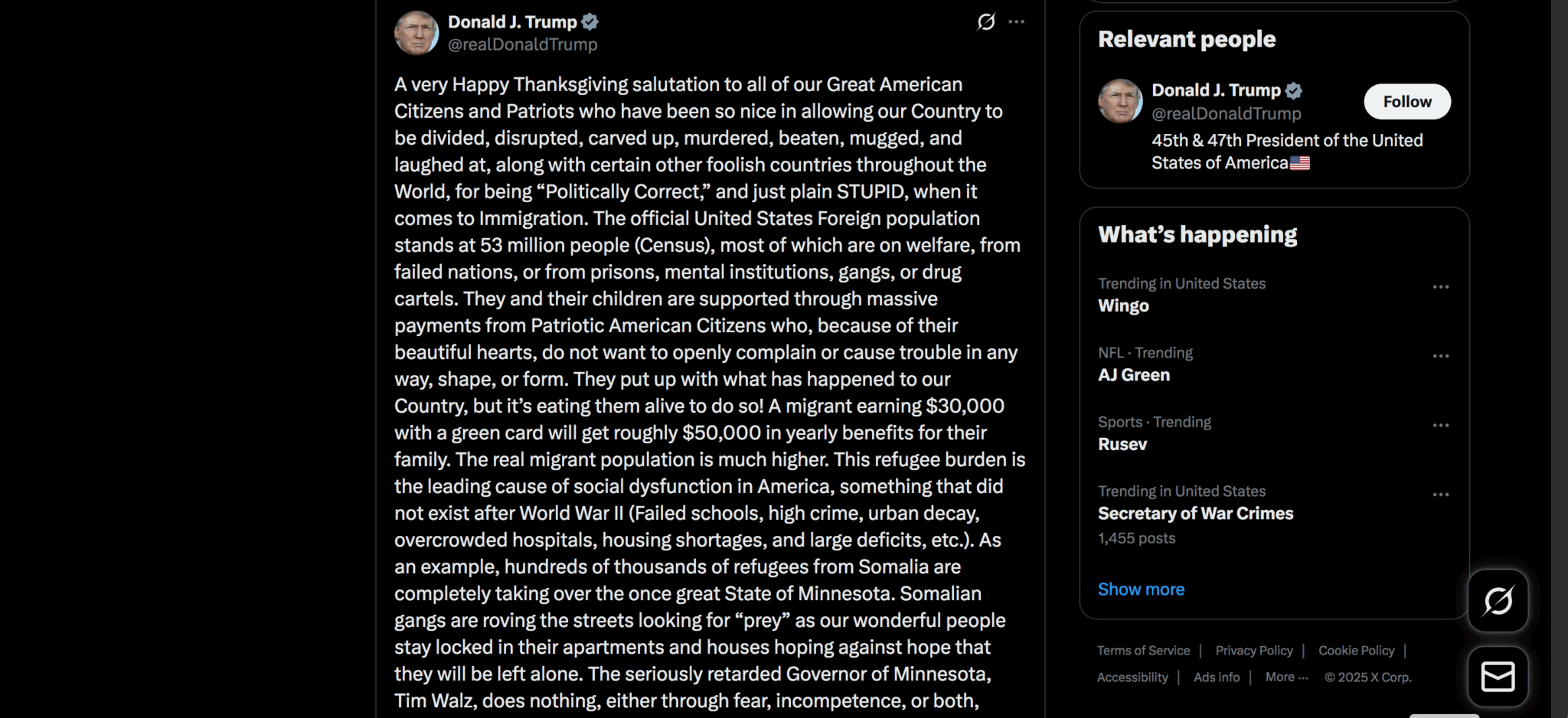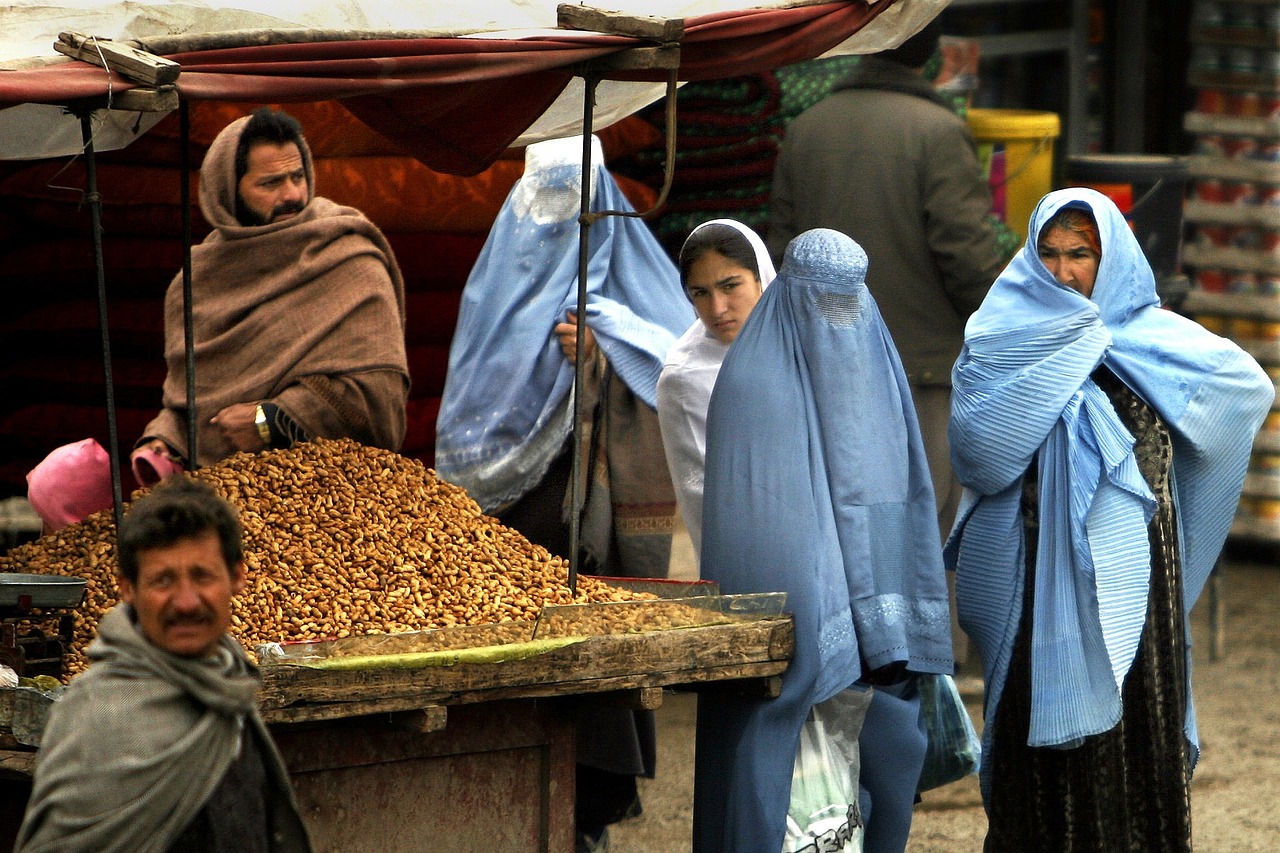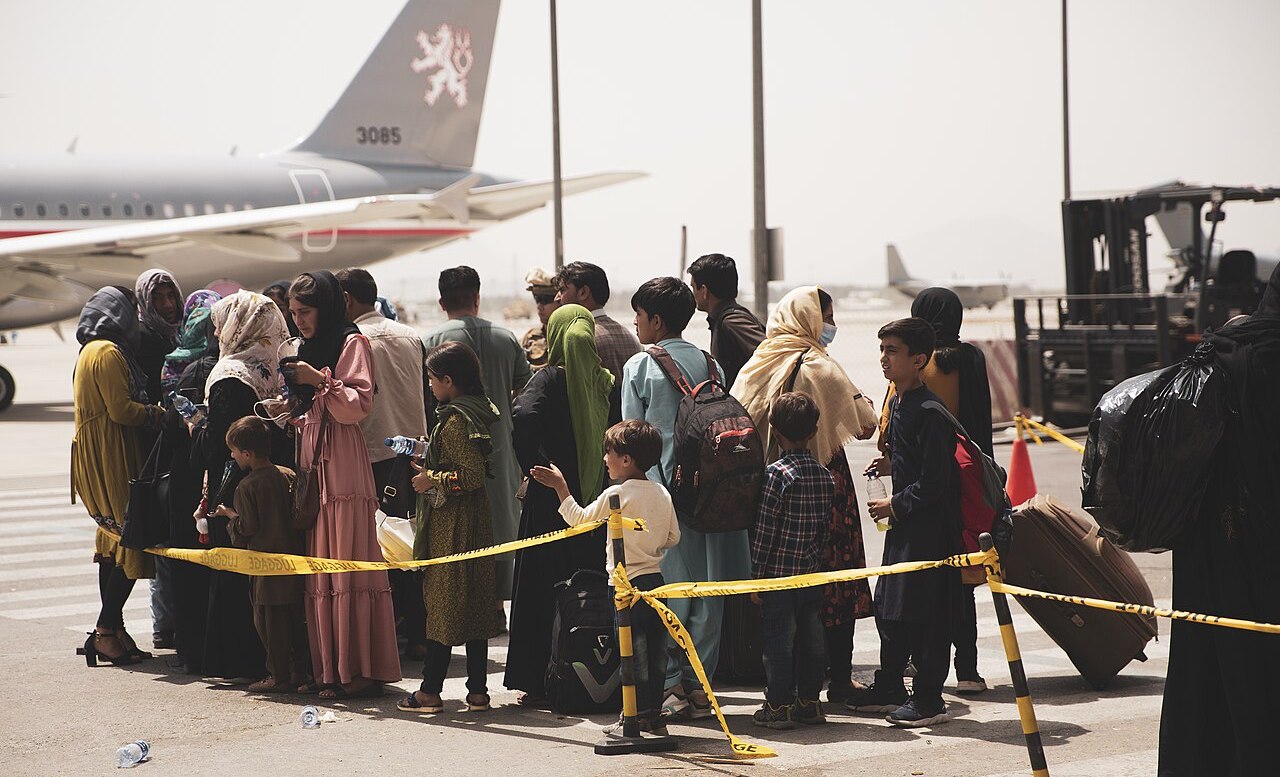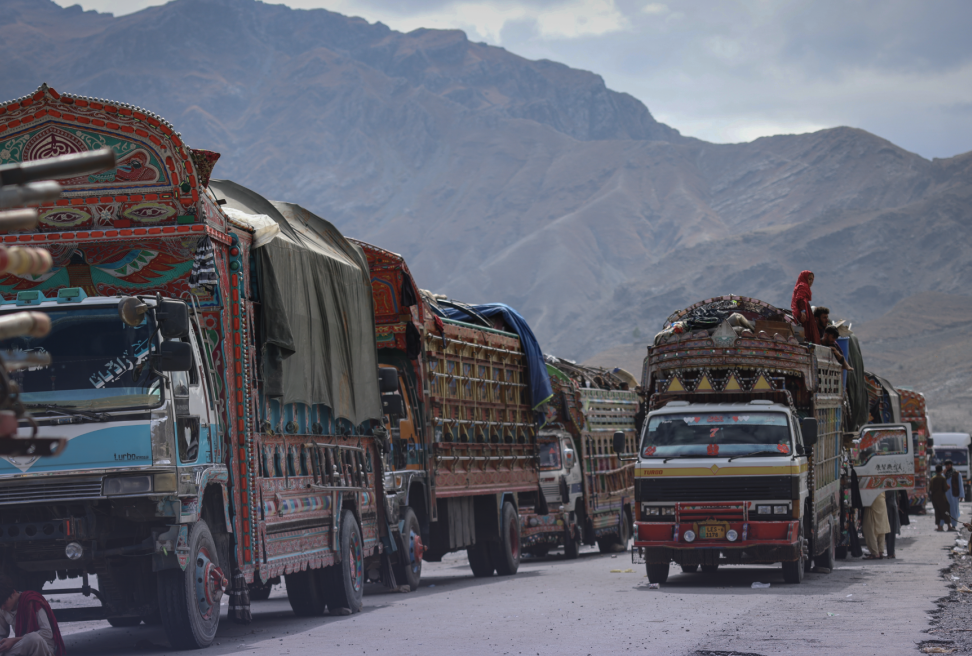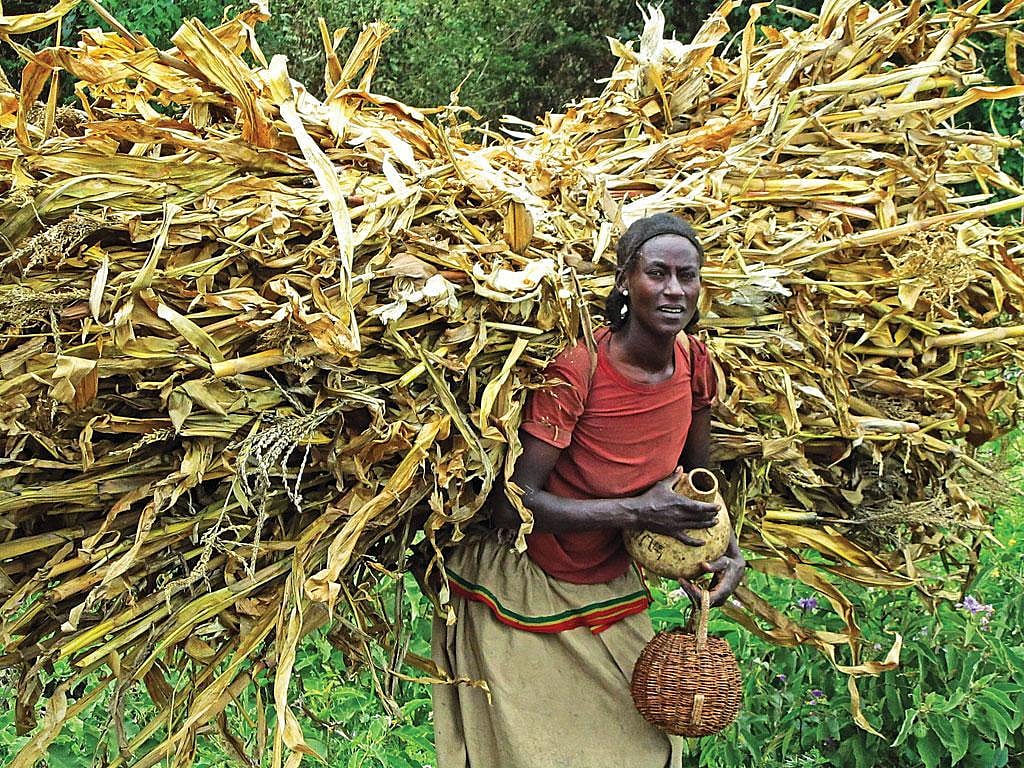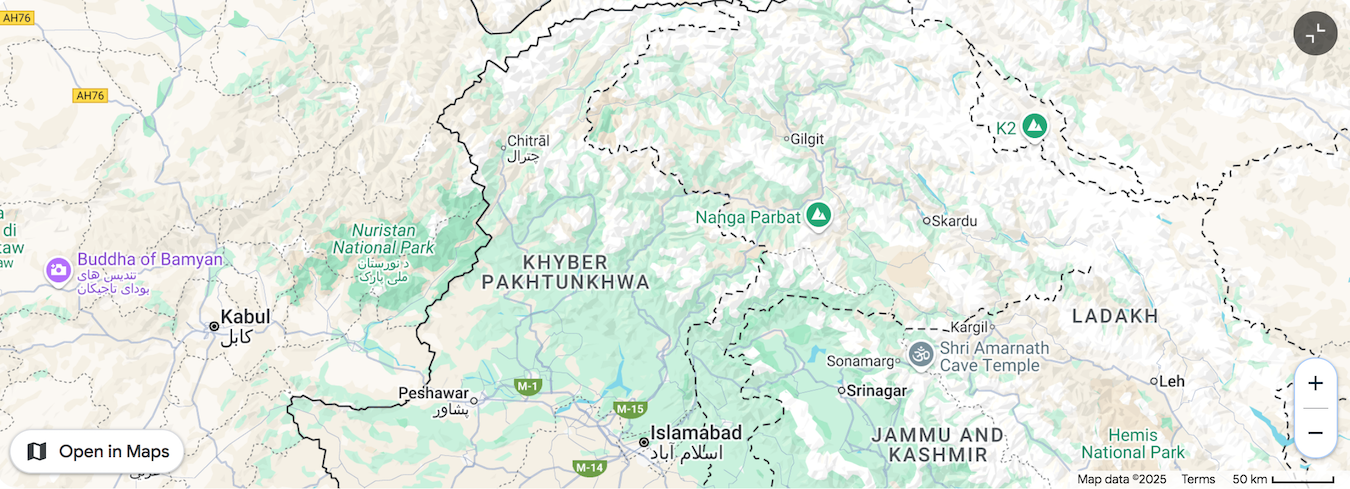
Pakistan declares ‘open war’ on Afghanistan
Violence has once again broken out between Afghanistan and Pakistan, with Islamabad declaring “open war” on Kabul. Afghan forces fired on military bases across the border in Pakistan, reportedly using drones. Pakistan retaliated, striking what it said were military targets in Kabul and several border provinces. Afghanistan’s Islamic Emirate government said its attacks were a response to earlier Pakistani air-strikes that killed at least 13 civilians in Nangarhar province. Pakistan accuses the Taliban government of harboring fighters from the Tehrik-e Taliban Pakistan (TTP)—accused of being behind recent attacks in Islamabad and Peshawar. Afghan Minister of Interior Sirajuddin Haqqani said the “doors for dialogue” remain open but insisted that if Afghanistan continues to be attacked, it will respond. (Map: Google)




